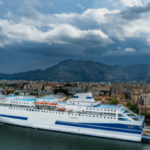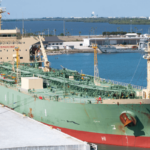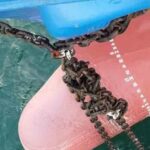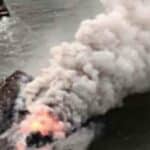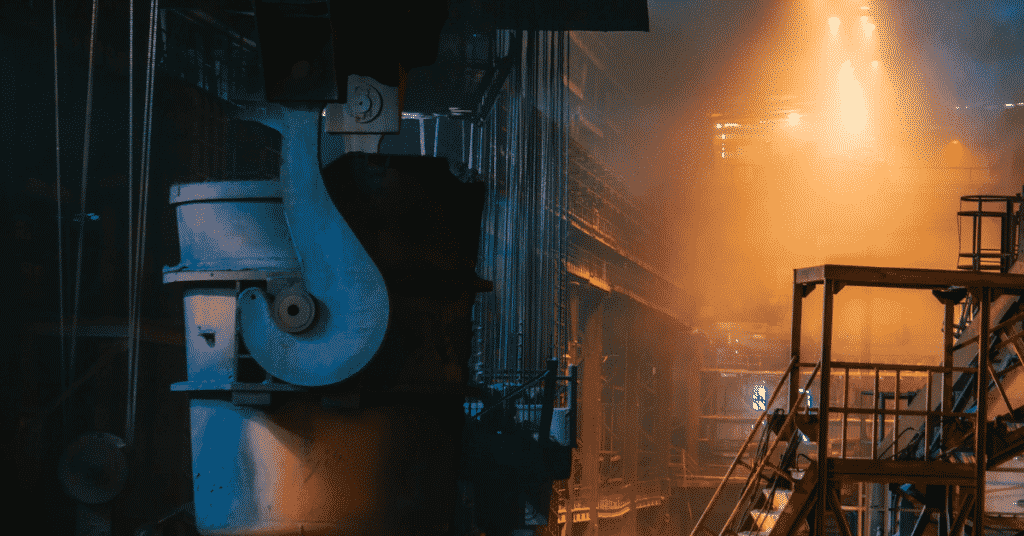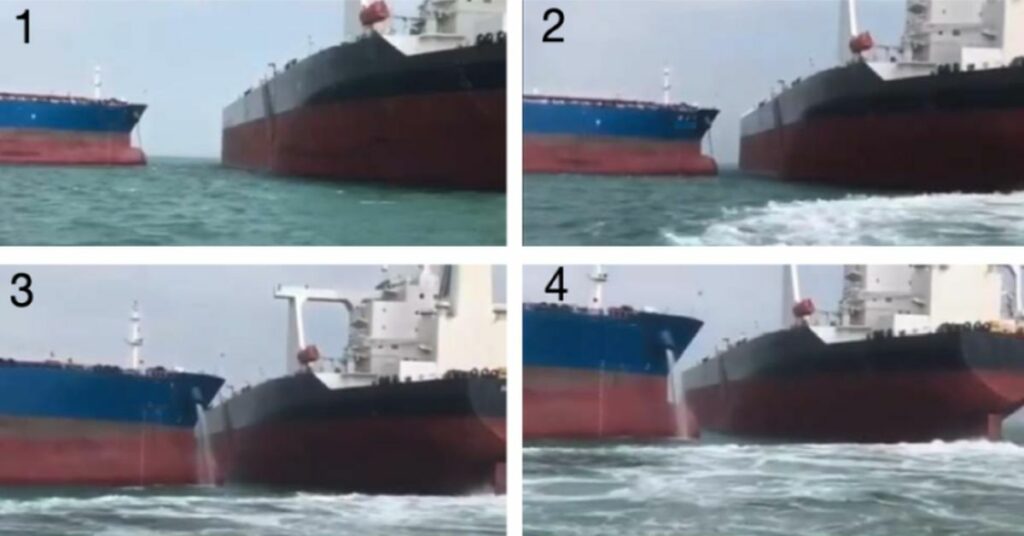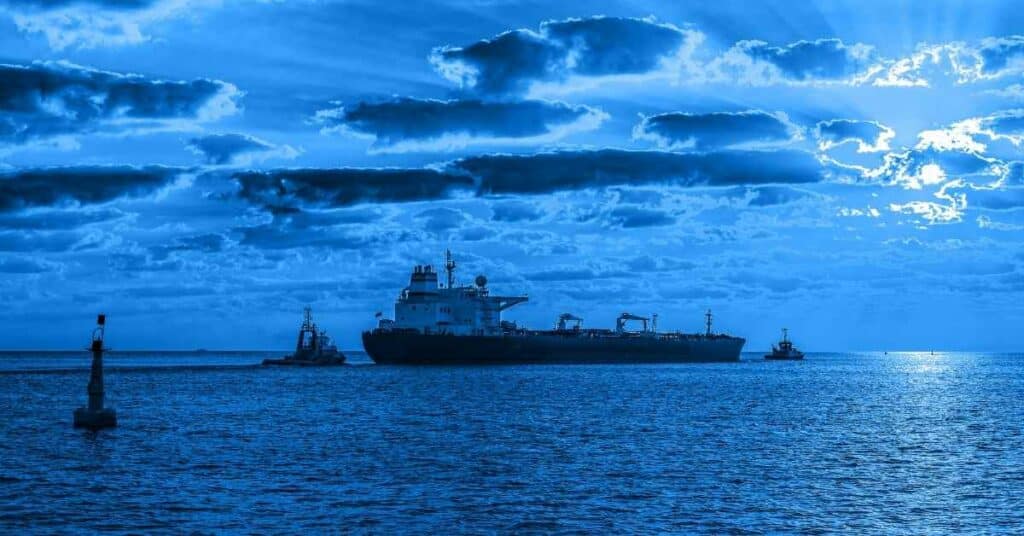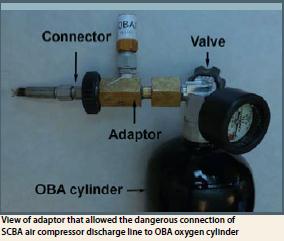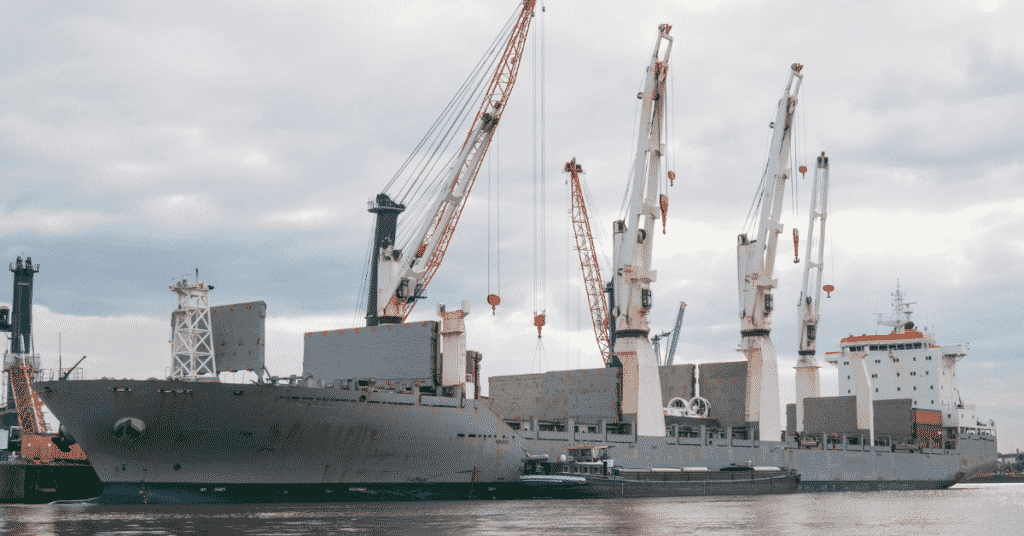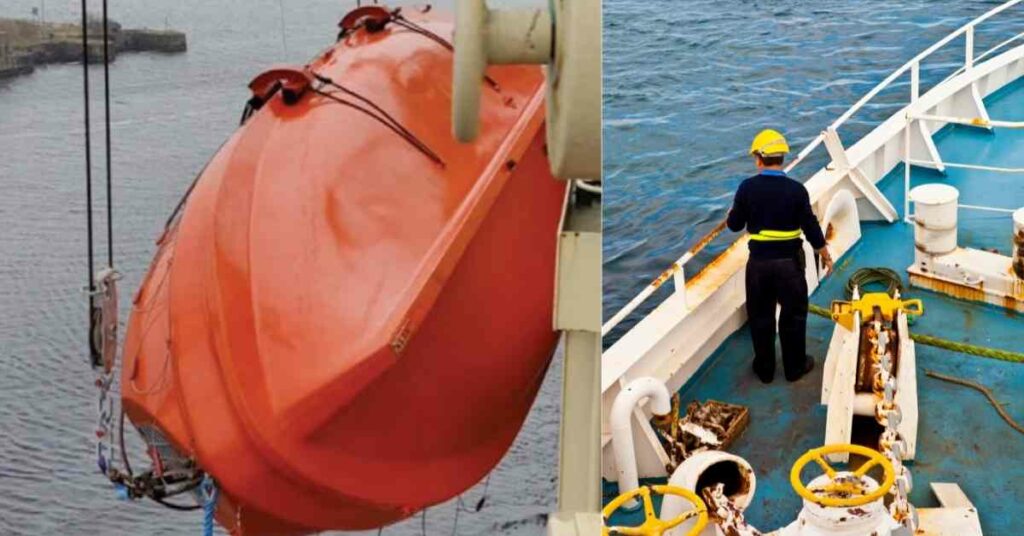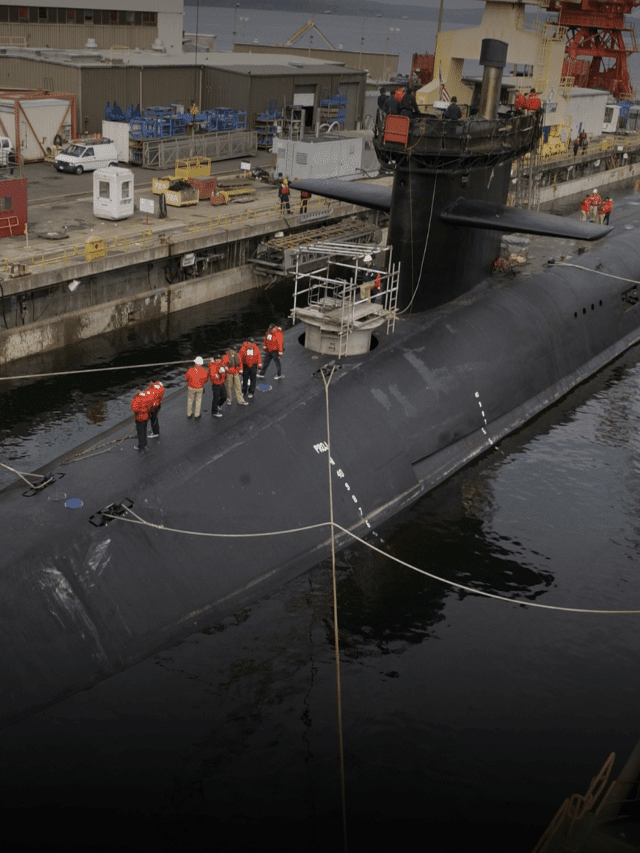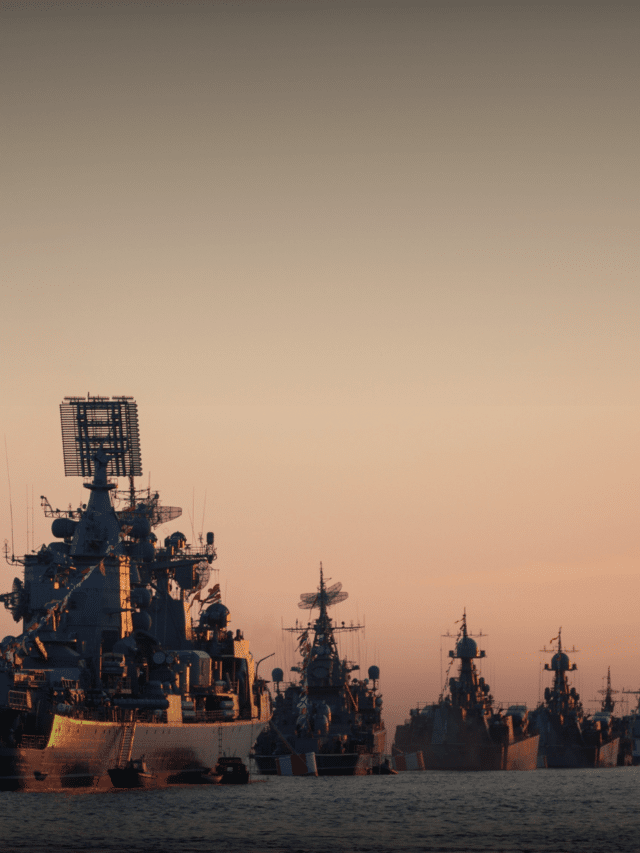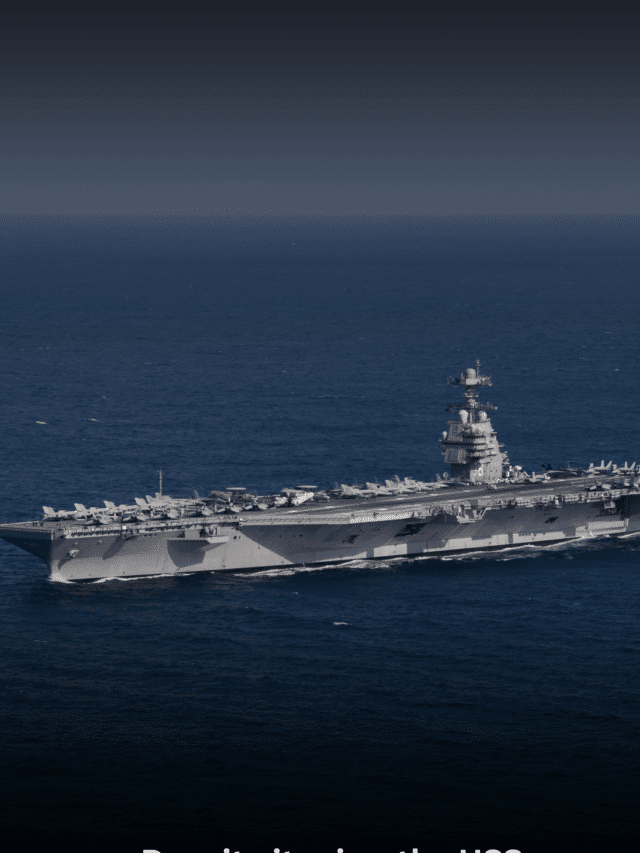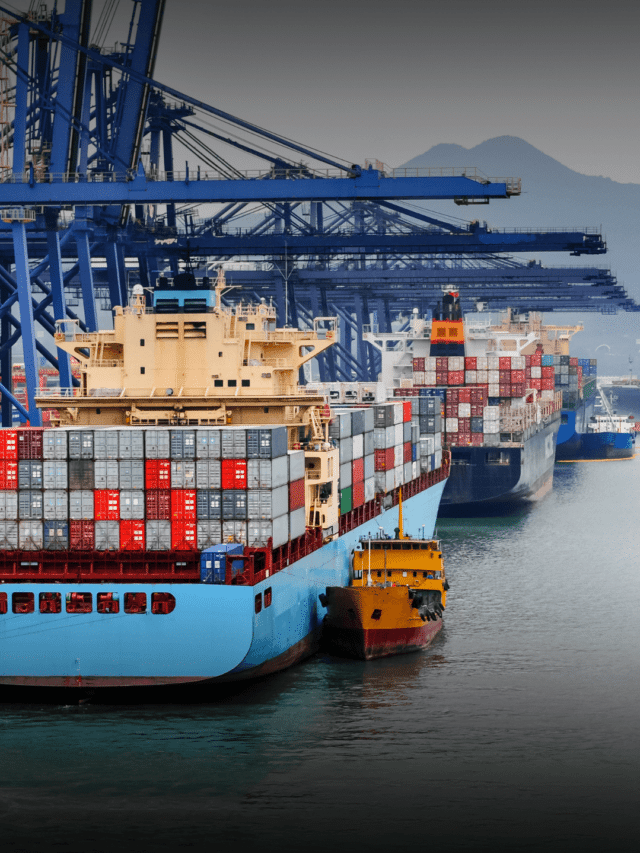Real Life Incident: Fire On Barge Carrying Scrap Metal Causes $7 Million Worth Of Damage
A tug was towing a scrap metal barge in coastal waters in easy wind and wave conditions. The scrap metal was ‘shredder feed’, which is a lower grade than heavy melting steel.
Shredder feed consists of a variety of different metal scraps, including end-of-life vehicles that have been crushed (but with free-flowing liquids – gasoline, oil, paint, anti-freeze, lubricants – removed), household appliances, and various other ferrous metal pieces greater than one-quarter inch in thickness.
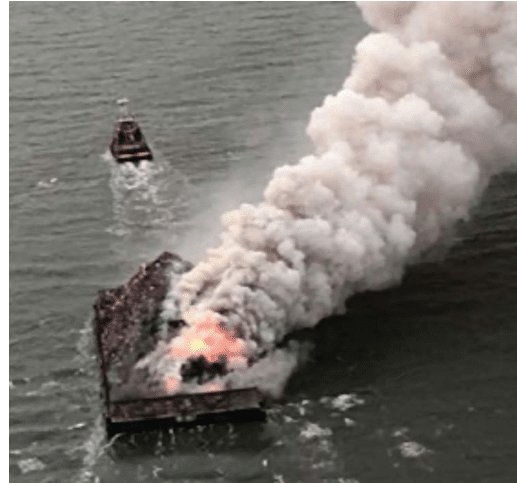
Early one morning a crew member on watch saw smoke and a red glow emanating from the pile of scrap metal on the barge being towed 200m astern. Soon, flames were seen coming from the same area of the barge. The alarm was raised. The fire on the barge was quickly getting larger, and the tow wire was shorted to about 100m to better control the barge
Soon, Coast Guard and local authorities arrived on scene and began fighting the fire. At this point, the fire on the barge had grown exponentially. The barge was towed into shallower water and beached. Firefighting efforts continued for the next 24 hours before the fire was finally extinguished. No pollution or injuries were reported. Damage to the barge was extensive and estimated at $7 million.
The NTSB determined that the probable cause of the fire was the ignition of a combustible material by an undetermined source, such as sparking from shifting metallic cargo, self-heating of metallic or nonmetallic cargo, improperly prepared vehicles and appliances, or damaged lithium-ion batteries. The International Maritime Solid Bulk Cargoes Code (IMSBC Code), lists scrap metal as a ‘Group C’ cargo, which is unlikely to liquefy, does not possess chemical hazards, is noncombustible, and has a low fire risk.
Lessons learned
- Scrap metal seems innocuous and is listed as noncombustible in the IMSBC Code, but is nonetheless a fire risk. Another MARS report of this type can be found at 202243 and below, at 202346.
- Scrap metal fires tend to be hard to extinguish and burn hot and long, often causing major damage. See MARS report below.
Risk reduction measures for this type of cargo could include:
- Checking the temperature of the cargo regularly to ensure the load is not self-heating. If the temperature is higher than 55°C, the cargo should not be loaded. If, during the voyage, the temperature rises to 80°C, this is a potential fire risk and the vessel should immediately proceed to the nearest port.
- Appointing a qualified cargo surveying company to assist the vessel’s Master before and during loading.
Source: The Nautical Institute
Do you have info to share with us ? Suggest a correction
About Author
Marine Insight News Network is a premier source for up-to-date, comprehensive, and insightful coverage of the maritime industry. Dedicated to offering the latest news, trends, and analyses in shipping, marine technology, regulations, and global maritime affairs, Marine Insight News Network prides itself on delivering accurate, engaging, and relevant information.

About Author
Marine Insight News Network is a premier source for up-to-date, comprehensive, and insightful coverage of the maritime industry. Dedicated to offering the latest news, trends, and analyses in shipping, marine technology, regulations, and global maritime affairs, Marine Insight News Network prides itself on delivering accurate, engaging, and relevant information.
- Real Life Incident: Vessel Collision in Good Visibility
- Real Life Incident: Severe Injury To Deck Crew While Leaving Berth
- Real Life Incident: Departure Damage in Very Restricted Waterway
- Real Life Incident: Low Situational Awareness Has High Impact Consequence
- Real Life Incident: Fouled Anchor in a Designated Anchorage
- Real Life Incident: Fire On Barge Carrying Scrap Metal Causes $7 Million Worth Of Damage
Latest Case studies Articles You Would Like:
Subscribe To Our Newsletters
By subscribing, you agree to our Privacy Policy and may receive occasional deal communications; you can unsubscribe anytime.
Web Stories





